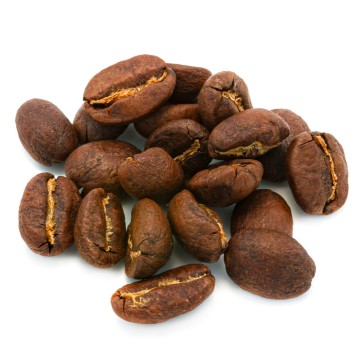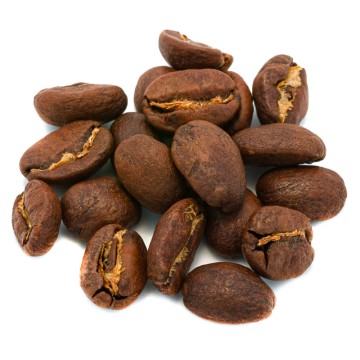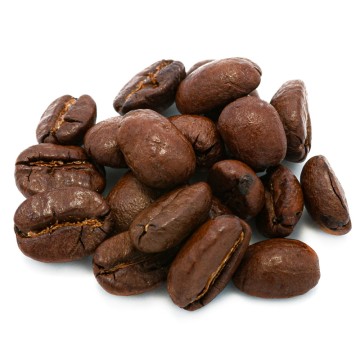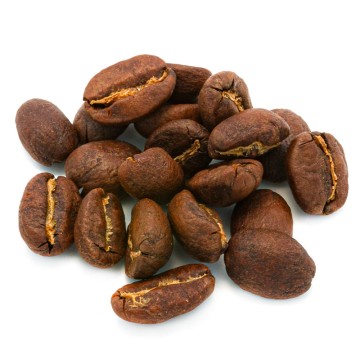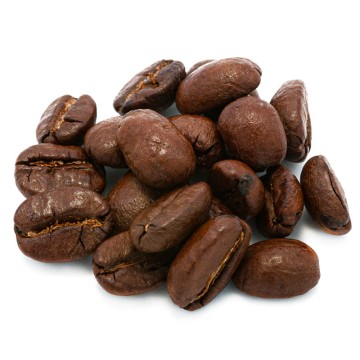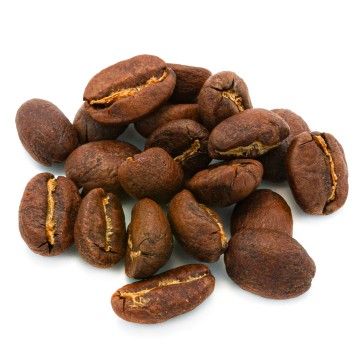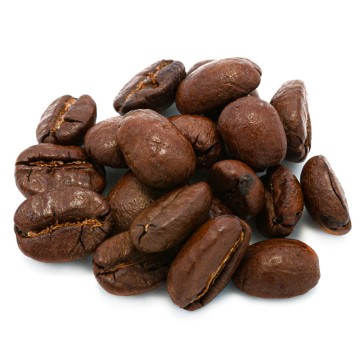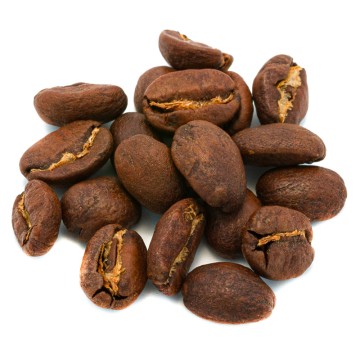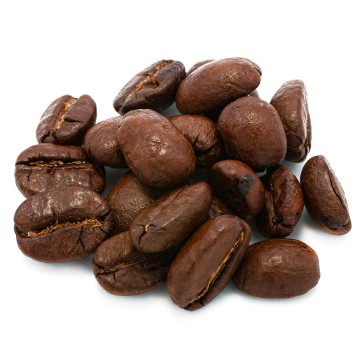In general, Tanzanian coffees are distinguished from other African coffees by being a little less full-bodied with a light, fruity aroma and low acidity.
History of coffee production in Tanzania
The cultivation of coffee in Tanzania is not as traditional as in Ethiopia, the land of origin of Coffea arabica, indeed it was introduced quite late (only in 1898) by Catholic missionaries. Currently, coffee exports represent 3.3% of the country's exports and are in second place after tobacco in Tanzanian agriculture which in turn represents 24% of the country's GDP. Currently, 4 main production areas are identified but exactly as in Kenya, since cultivation is not part of the traditional culture, the colonial system inherited from the British has been adopted for marketing, classification based on the size of the beans (larger beans, better quality, in the top of this classification is AA).
Unlike other large coffee producing countries, Tanzania also produces a lot of robusta (which, let us remember, is obtained from a different species of plant, Coffea canephora) as much as 30% of production. It is mainly small farmers (who provide 80% of the production) who also cultivate robusta and process the beans with the natural method, while the large plantations concentrate on the more valuable arabica treated with the washed method.
As regards the regions, although as we said you will hardly find Tanzanian coffee marketed based on the region of origin, from Kagera and Bukoba on the coasts of Lake Victoria comes the robusta , while the best coffees naturally come from the Kilimanjaro and Arusha regions, elevated and with volcanic soil (the highest mountain in Africa is in fact a volcano). The area of the Ruvuma river is considered to have high potential for the development of high quality coffee. In fact, it is a region that takes its name from the river that flows in the lower part but which has plateaus that reach up to 2000 meters. Finally, the Mbeya region in the south-west of the country, characterized by fertile soil and enough rain, is the most important for agriculture in Tanzania and is also trying to develop coffee.
The quality of Tanzanian coffee
The varieties of Coffea arabica cultivated in Tanzania are: Bourbon (one of the two original varieties from which the others derive), Kent (a variety derived from Typica which is not very well known and widespread, cultivated only in Africa and Indonesia, it has a low acidity), Nyassa (a subvariety of Typica originating in Malawi, it has good organoleptic qualities and the advantage of resisting high temperatures and dry climates a little better than other coffee varieties, coffee notoriously does not like too low or too high temperatures and certainly does not like very dry climates) and Blue Mountain (subvariety of Typica originating from Jamaica). As anticipated, coffees from Tanzania are characterized by a delicate aroma and less body as well as a lower acidity than other African coffees. Furthermore, floral and fruity aromas are noticeable and this is not surprising because the natural method used by small farmers allows the bean to absorb them from the pulp remnants of the

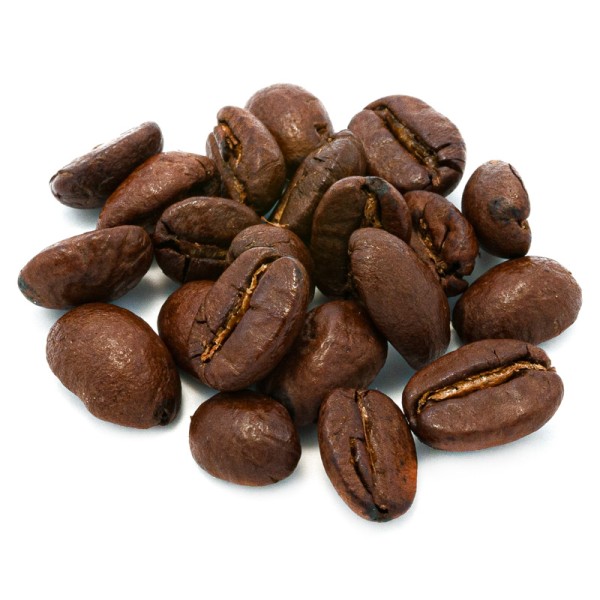

 No reward points for this product.
No reward points for this product.


